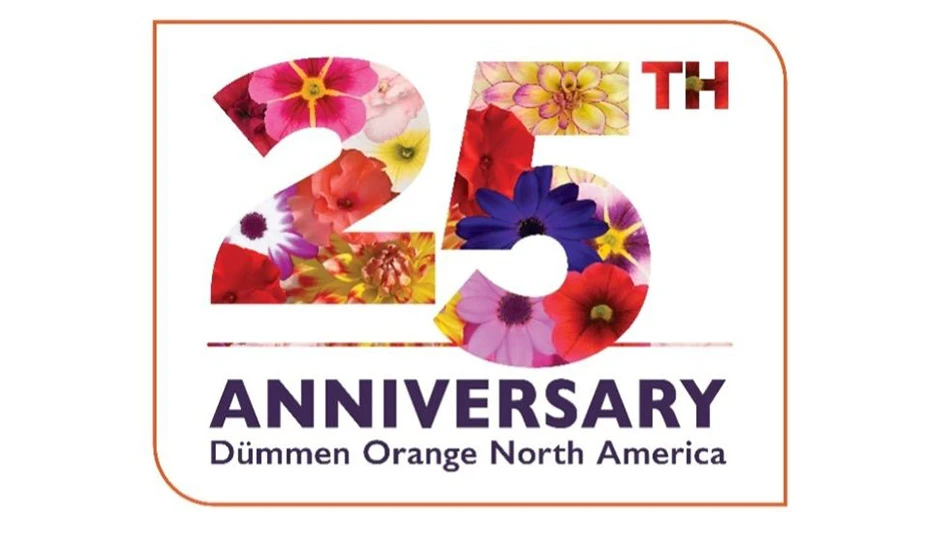
In this issue, we spoke to three people who operate successful landscape firms and who buy a lot of plant material directly from growers. Without prompting, all three said building relationships with their suppliers was more important than price. Knowing they’re appreciated, recognizing their supplier is honest and genuine, and having more than a transactional association wins their loyalty. See page 28 to hear more advice.
In our cover story, you’ll learn what it’s like to anticipate your customers’ needs, sometimes before they even realize it.
When it comes to building solid sales relationships, look for a problem to solve or provide invaluable knowledge instead of just offering a product to sell.
John Waid, founder of C-3 Corporate Culture Consulting and author of “Reinventing Ralph” says to focus on sales culture first, structure second, strategy third.
“For at least the last century, the focus has been on sales/company strategy, creating a structure to support it and finally (as an after-thought many times) creating a generic culture. What has this led to? As companies focused on getting things done, too many strategies were completed which did not fulfill the key element of strategy, which is to create a sustainable competitive advantage,” Waid says. “While sales managers pushed to get things done, they created structures to support this frantic activity. After the strategy and structure were created (with little employee involvement), sales managers wondered why employees did not want to execute the strategy and why restructuring the salesforce was not working.”
Instead, make your sales culture the focus of your efforts and then the structures and strategies to support that culture, he advises. Don’t just push the salesforce for results, and in turn, financial results.
“This focus on money first leads us to then focus on customers (where the money comes from) and then as a distant third, fourth, fifth or more, we spend some resources on the salespeople,” he says.
Change the order and focus on employees first, customers second and money third. This empowers your sales team to build those lasting, meaningful relationships.
Tra Williams, author of “Feed Your Unicorn,” says to recognize that the relationship you have with customers should not be transactional.
“Of course, it’s important to look for opportunities to make the transaction simpler, easier and more pleasant for the customer,” Williams says. “But it’s also imperative that you add value to their lives in ways that are unrelated to the transaction. Look for ways to be a resource, not just a provider.”


Explore the April 2023 Issue
Check out more from this issue and find your next story to read.
Latest from Greenhouse Management
- Flexible fungicides
- Super Charged Moon Juice from Moon Valley Nurseries now available nationally
- 2025 Proven Winners Horticulture Scholarship applications now open
- How to improve inventory and shipping management in the greenhouse
- Leading Women of Horticulture: Anna Ball, Ball Hort, and Terri McEnaney, Bailey Nurseries
- GM CEA HERB Part 2: A guide to increasing the sowing density of culinary herbs
- GM CEA HERB Part 1: Best practices for producing culinary herbs in controlled environments
- USDA fires experts on invasive pests, including Asian citrus psyllid, chilli thrips





